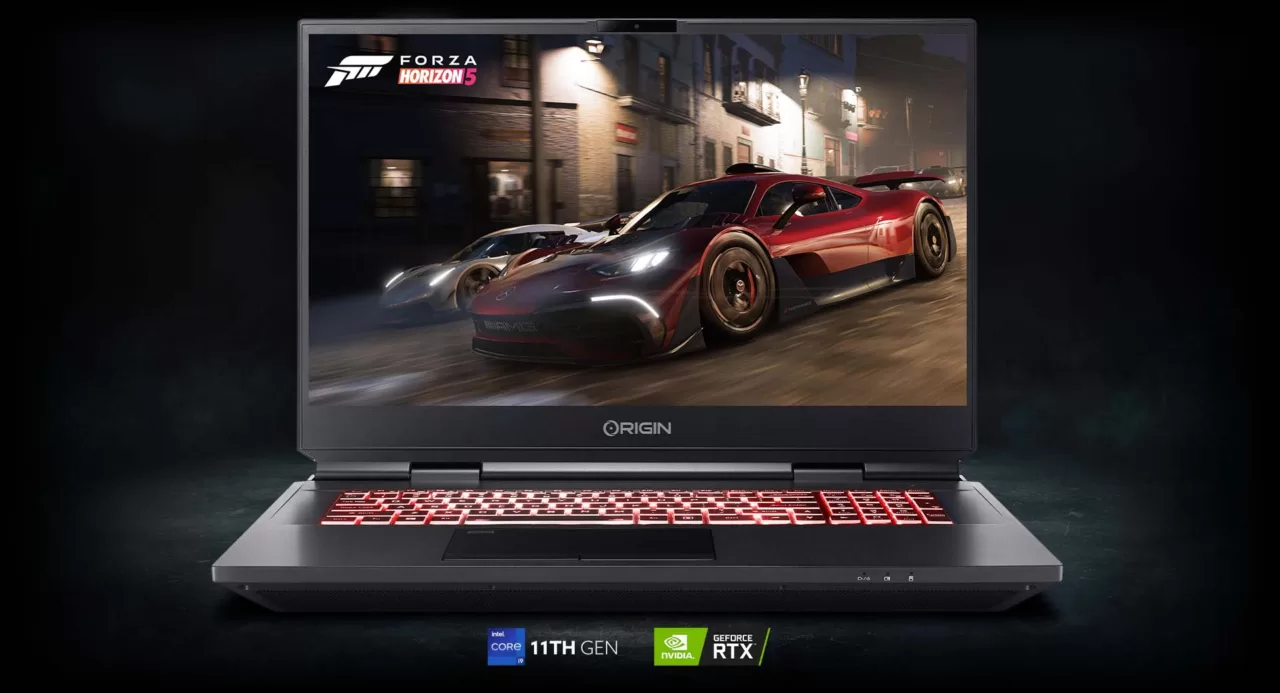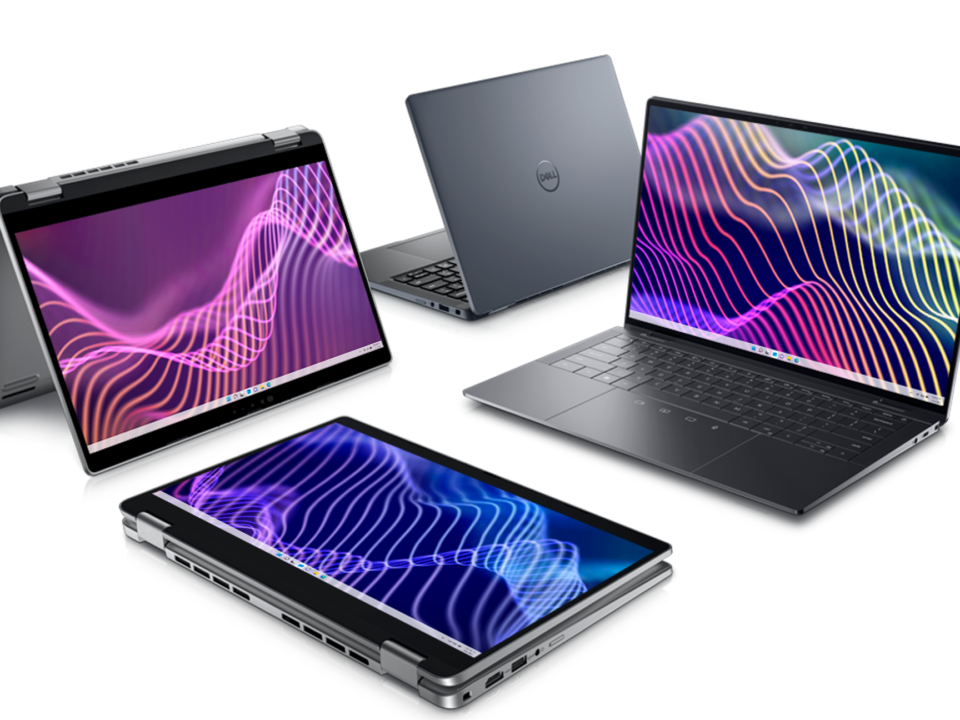Now Reading: Which Statement Is True About Laptops And Desktop Computers
-
01
Which Statement Is True About Laptops And Desktop Computers

Which Statement Is True About Laptops And Desktop Computers
Laptops are portable, while desktop computers are not. Laptops can be carried around, making them convenient for on-the-go use, while desktop computers are stationary.
In today’s digital age, laptops and desktop computers have become essential tools for work, entertainment, and communication. Both options have advantages and disadvantages, and understanding their key differences can help you make an informed decision when choosing between them.
Laptops offer portability, allowing users to work or browse the internet from anywhere, while desktop computers provide higher performance and customization options. We will explore the true statement about laptops and desktop computers, shedding light on their distinctions and helping you determine which suits your needs best. Discover these two computer solutions, whether you require mobility or raw computing power.

Credit: www.pcworld.com
First, let’s Explore The Advantages Of Laptops Over Desktop Computers
Laptops have numerous advantages over desktop computers. Their portability allows you to carry them anywhere you go. Thanks to its battery life, you can use your computer without being plugged in for a while. Another advantage is the versatility of using your laptop in various settings and positions.
A laptop offers convenience and flexibility, Whether at home, at work, or on the go. You can take it to coffee shops, on flights, or while relaxing on the couch. With a computer, you can work or browse the internet whenever possible.
So, if you prioritize mobility and flexibility, laptops have a clear advantage over desktop computers.
Now, let’s Delve Into The Benefits Of Desktop Computers Compared To Laptops.
Desktop computers have superior processing capabilities, providing more power and performance than laptops. They also allow for easy upgradability and customization of components. Furthermore, desktops have an extended lifespan compared to notebooks, lasting longer in durability.
With their powerful processors, desktops offer a seamless user experience for demanding tasks such as video editing or gaming. Additionally, their expandability allows users to upgrade hardware components as technology advances quickly. This flexibility ensures that desktop computers can adapt to changing needs and requirements.
Moreover, their longevity ensures they remain relevant and efficient for extended periods, making them wise investments. From improved performance to extended lifespan, desktop computers offer numerous advantages over laptops.
Demystifying The Common Beliefs About Laptops And Desktop Computers
They are demystifying the common beliefs about laptops and desktop computers. Laptops are not always more expensive than desktops. Desktops are not necessarily better for gaming or resource-intensive tasks. It is a misconception that laptops are less reliable than desktops. The cost of notebooks varies depending on the specifications chosen.
Desktops offer more customization options. Laptops are portable and convenient for on-the-go use. Gaming laptops can provide high-performance gaming experiences—modern laptops rival desktops in power and reliability. Ultimately, notebooks and desktops depend on individual needs and preferences.
Evaluating The Impact On Productivity For Laptops And Desktop Computers
Laptops and desktop computers have different impacts on productivity due to various factors. Examining their multitasking capabilities and workflow efficiency reveals distinct advantages. Furthermore, considering the relationship between ergonomics and productivity is crucial. The form factor of each device plays a significant role in work performance.
Laptops provide portability and flexibility, allowing users to work from anywhere. On the other hand, desktop computers typically offer larger screens and more processing power for complex tasks. Both devices have strengths and weaknesses, and businesses must evaluate their specific requirements to make an informed choice.
Organizations can optimize their work processes and enhance overall efficiency by understanding the implications of laptops and desktop computers on productivity.
Choosing The Right Device For Your Needs: A Comprehensive Comparison
Choosing between a laptop and a desktop computer requires careful consideration of various factors. First, assessing the specific needs and requirements of different users, such as students, professionals, gamers, and casual users, is crucial. For students, a laptop offers the flexibility to study on the go, while professionals might benefit from a desktop computer’s larger screen and processing power.
Gamers typically prefer desktops due to their superior graphics and gaming capabilities. Another aspect to consider is the required specifications for specific tasks and software. Based on these factors, tailored recommendations can be made to ensure the correct device is selected.
Ultimately, making an informed decision ensures that the chosen device meets individual needs and maximizes productivity and enjoyment.
The Future Of Laptops And Desktop Computers: Emerging Trends And Technologies
Advancements in laptop design have given rise to innovative devices like 2-in-1 laptops that offer versatility. Foldable screens are another exciting development, enhancing portability and convenience. On the other hand, desktop computers have seen the emergence of all-in-one PCs, combining functionality and space-saving design.
Mini PCs have also gained popularity for their compact size and efficiency. It is intriguing to predict where these technologies will lead in the coming years. The future may see further integration of laptops and desktop computers with even more portable and flexible options.
As technology continues to evolve, it is essential to stay informed about the latest trends and advancements in the world of computers.
Concluding Thoughts On Laptops And Desktop Computers
Weighing the strengths and weaknesses of laptops and desktop computers is crucial. Individual preferences and use cases are integral to making the right choice. Lifestyle and needs should be carefully considered before making a decision. It’s important to understand that no single device is universally better.
Laptops offer portability and convenience, making them ideal for on-the-go use. On the other hand, desktop computers provide more power and customization options, making them an excellent choice for heavy-duty tasks. Ultimately, the decision should be based on personal requirements and how the device will be used.
By evaluating these factors, individuals can determine which device best suits their needs.
Frequently Asked Questions Of Which Statement Is True About Laptops And Desktop Computers
Are Laptops More Portable Than Desktop Computers?
Can You Upgrade Hardware Components On A Laptop?
Do Laptops And Desktop Computers Have Different Processing Power?
Conclusion
From the comparisons discussed, it is clear that laptops and desktop computers have unique advantages and disadvantages. Laptops offer portability and versatility, making them ideal for on-the-go individuals and those who require flexibility in their work or personal lives.
On the other hand, desktop computers excel in performance, customization options, and cost-effectiveness. They are particularly suitable for gamers, graphic designers, and professionals who need high processing power and storage. Choosing between a laptop and a desktop computer depends on an individual’s specific needs, priorities, and budget.
Considering factors like mobility, power requirements, desired specifications, and future upgrade possibilities is crucial before deciding. By carefully evaluating these aspects, one can find the perfect computing device to meet their unique needs and enhance their productivity and overall experience.







